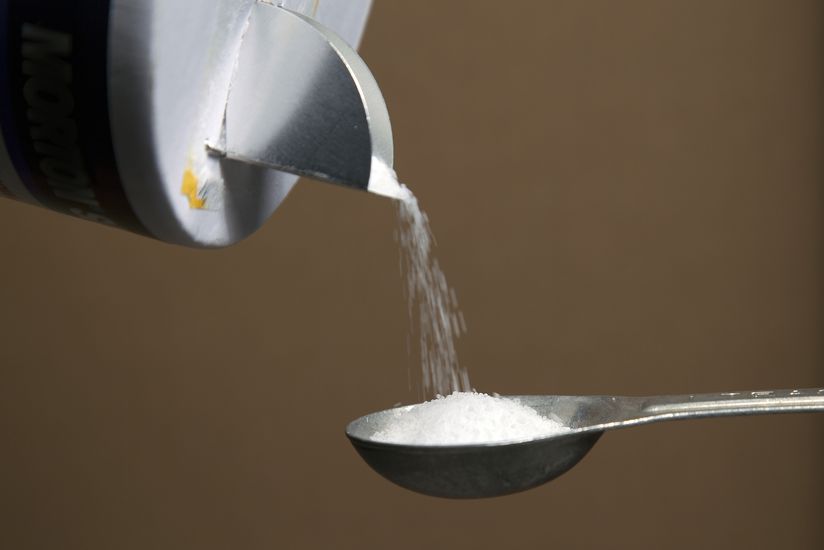Funny Face
It's almost costume season again, and Halloween face paint is a fun addition to any festive disguise. But rather than head to the costume store for supplies, why not concoct your own at home? It's easy enough that kids can help, and you can save money by using everyday ingredients — such as flour, cornstarch, and vegetable oil — and mixing only the colors and amounts needed. For Halloween face paint ideas that are less toxic and chemical-laden than store-bought versions, check out these options for making face paint in your own kitchen.



















